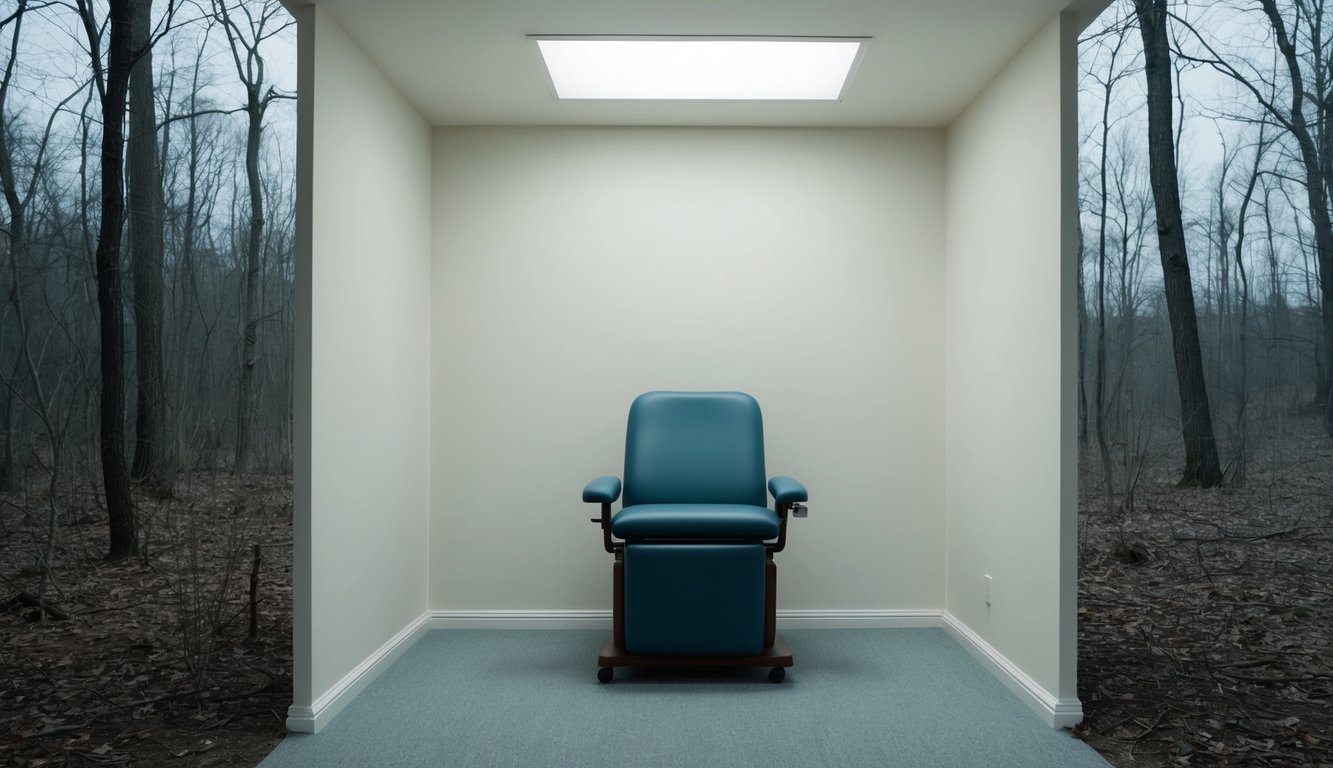PsychNewsDaily Publishers
100 Summit Drive
Burlington, MA, 01803
Telephone: (320) 349-2484
PsychNewsDaily Publishers
100 Summit Drive
Burlington, MA, 01803
Telephone: (320) 349-2484
Psychotherapy services utilization among U.S. adults increased from 6.5% in 2018 to 8.5% in 2021, with younger, higher-income individuals benefiting most from improved access.


A significant uptick in the utilization of psychotherapy services has emerged among adults in the United States grappling with mild to moderate emotional distress, according to a recent study from researchers at Columbia University’s Mailman School of Public Health and the Department of Psychiatry at Columbia Vagelos College of Physicians and Surgeons.
Since 2018, access to psychotherapy has notably improved, particularly benefiting younger adults, women, those with college degrees, and people with higher family incomes. The data illuminate that those with private insurance have experienced a more pronounced increase in therapy engagement compared to their publicly insured or uninsured peers. These findings were published in JAMA Psychiatry.
By 2021, research indicated that adults boasting elevated income, higher education, and full-time jobs were significantly more inclined to utilize telehealth services for psychotherapy. Acknowledging the widening access to these services, experts caution that the advancements are not evenly shared across various demographic and socioeconomic groups. The rise of teletherapy may exacerbate existing gaps in access, favoring those who are already socioeconomically advantaged.
Psychotherapy remains a cornerstone of mental health care in the U.S., with research showing that the proportion of adults receiving therapy climbed from 6.5% in 2018 to 8.5% in 2021. This latest analysis draws on data from the Medical Expenditure Panel Surveys conducted between 2018 and 2021, capturing a representative sample of the civilian, non-institutionalized U.S. population, amounting to nearly 87,000 adults.
The 2021 data revealed that young adults led the way in psychotherapy engagement, reporting rates of 12%, followed by middle-aged adults at 8.3%, while older adults trailed behind with a mere 4.6%. As expected, those grappling with severe distress utilized psychotherapy services the most, while people with mild to moderate distress participated at intermediate levels. Notably, almost 40% of those accessing outpatient psychotherapy in 2021 engaged in at least one teletherapy session.
The COVID-19 pandemic has been a catalyst for the increased use of telehealth services, driven by heightened social isolation, stress, and economic challenges. While teletherapy offers a more accessible and less stigmatized avenue for mental health care, concerns linger about whether certain groups—particularly those with acute mental health issues, older adults, lower-income individuals, and specific minority populations—are benefiting equally from this trend.
Barriers such as lack of insurance and high out-of-pocket expenses continue to impede access to mental health services. Additionally, lower reimbursement rates for Medicaid discourage therapists from joining insurance networks, leading to a diminished availability of therapy options. Research indicates that people with financial constraints or without private insurance are less likely to engage in teletherapy compared to their wealthier, privately insured counterparts.
Technical difficulties, preferences for face-to-face interactions, and financial barriers often limit access to teletherapy. As the expansion of telemental health services continues, there is growing concern that these advancements could further entrench existing disparities in mental health care access.
These trends underscore the urgent need for targeted interventions and health policies designed to enhance access to psychotherapy for underserved communities. Addressing the barriers to teletherapy, whether they are technical or financial, is essential to ensure that everyone facing psychological distress can access the care they desperately need.
“`